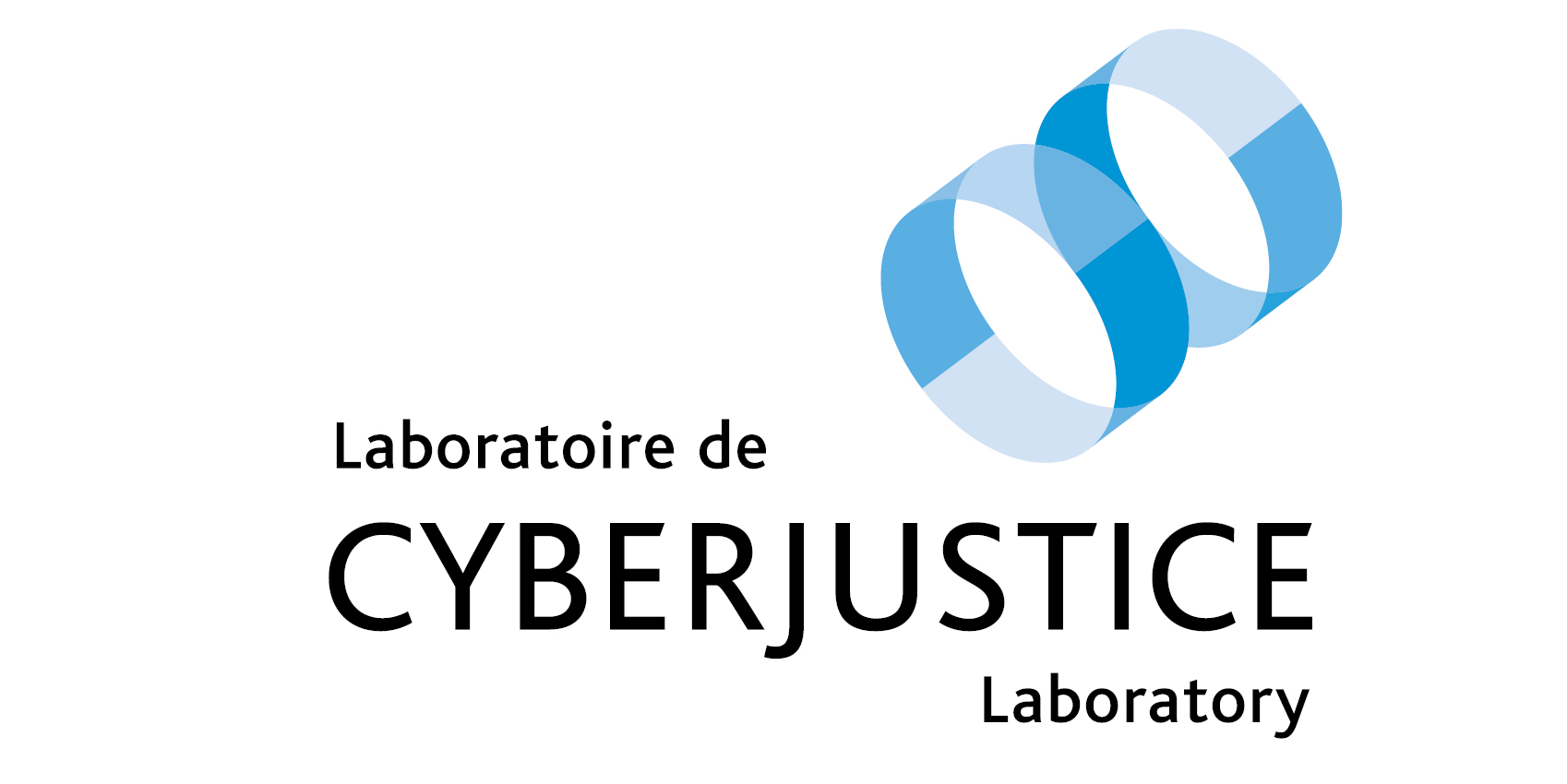Banks as Delegated Regulators of Technology
02/16/2023 • 16h30
Salon François-Chevrette & En ligne

This conference is part of the 2022-2023 Conference Cycle:
REGTECH – AI and Compliance
Title of the conference :
« Banks as Delegated Regulators of Technology »
Conference Speaker Biography - Anastasia Konina:
Anatstasia Konina earned her L.L.D degree from Université de Montréal, where her research focused on government contracting in Canada, particularly in the area of information technology. She researches and writes in the areas of regulatory technology (RegTech), judicial administration, and police procurement.
Conference Description:
Banks rely on private developers of regulatory technology (RegTech) to comply with regulatory requirements. RegTech’s algorithms allow banks to organize unstructured data, identify, assess, and mitigate risks, and generate and submit reports. While the use of RegTech significantly facilitates financial reporting and compliance, it also presents risks. The unsupervised process of translating the language of regulations into computer code may lead to misinterpretations of regulatory requirements. Also, due to the opacity of private algorithms, mistakes by RegTech instruments may go unnoticed, resulting in systemic failures.
In light of these risks, this presentation will examine the phenomenon of delegated regulation and the potential of banks to act as delegated regulators of RegTech. By imposing a public duty on banks, delegated regulation causes changes in corporate governance, allows the under-resourced regulators to use banks as regulatory resources, and reshapes the market for RegTech services. This presentation will also address the arguments that may be levelled against delegated regulation and discuss opportunities for more direct involvement of the administrative state in technology-driven reporting and compliance.
Description of the cycle:
In its most recent report Cost of Compliance 2022: Competing priorities, Thomson Reuters revealed that there was an average of 246 regulatory alerts daily across 190 countries in 2021. The regulatory burden is today heavier than ever, but compliance officers are also more efficient. As regulators are constantly adapting to new trends and challenges and as banks and companies are trying to navigate this ever-changing regulatory landscape, stakeholders have witnessed a surge in the number of RegTech initiatives and a sharp turn towards technology for regulatory compliance. In a continuation of our Industry Webinars conference cycles, following LegalTech and FinTech, we are presenting this program on RegTech where many of the previously explored concepts collide.
In this cycle, our panelists and industry players will shed light on the latest developments in RegTech, on the disruption and promises brought by AI, on the risks associated with an increased role of technology for regulatory compliance and on the future of said regulatory compliance in the wake of COVID and of the war in Ukraine. The European Banking Authority Analysis of Regtech in the EU Financial Sector published in June 2021 has summarized one of the main challenges in the field as the need for “…a balanced approach to acknowledge RegTech benefits and create an innovate‐supportive environment, but at the same time to closely monitor and be prepared to manage any associated risks.” Now let’s explore how to get there.

This content has been updated on 02/21/2023 at 11 h 41 min.
